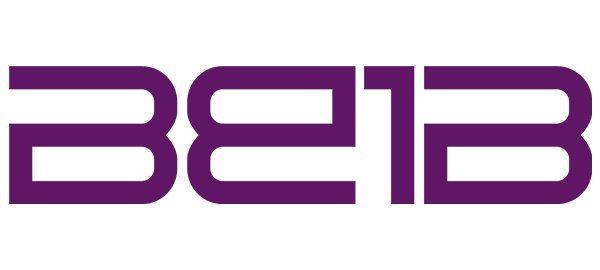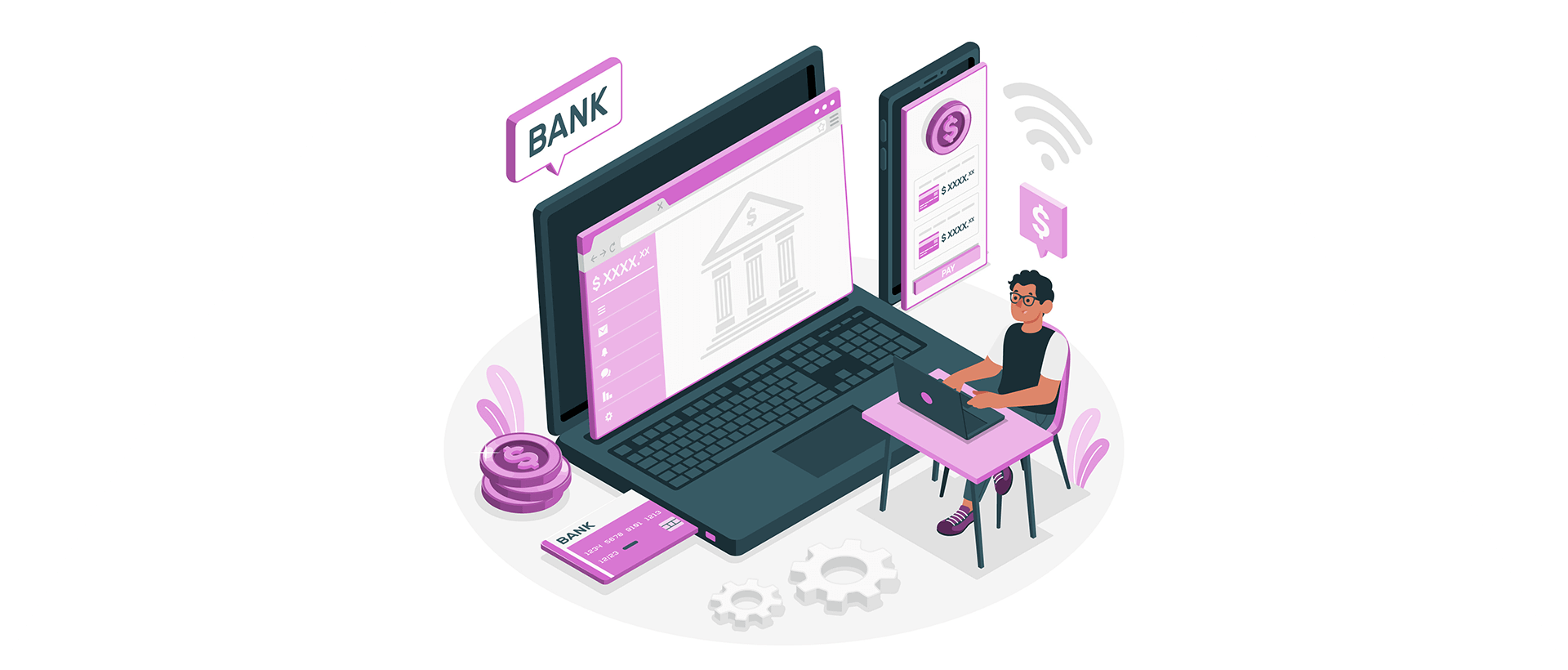The banking sector is undergoing a profound transformation, driven by technological innovation. Core banking systems, once foundational to traditional banking, are evolving to meet the demands of a more dynamic, tech-driven world. This shift is critical for financial institutions to stay competitive, meet customer expectations, and ensure operational efficiency. Let’s explore core banking, the current trends shaping its future, the benefits of modernizing core systems, and the innovations driving this change.
What is Core Banking?
Core banking refers to the central systems that manage banking operations like processing transactions, managing accounts, and delivering banking services. Legacy core banking systems, often based on outdated technologies, are becoming a bottleneck for banks. Modern systems, built on cloud infrastructure and composable architectures, offer scalability and flexibility, enabling banks to adapt quickly to changing market needs.
The Benefits of Modern Core Banking
Modern core banking systems offer numerous advantages, including:
- Scalability: Modern systems can easily scale to accommodate rapid growth without disruptions.
- Cost Savings: Banks that modernize their core systems can save up to 25% by reducing operational and maintenance costs (Gitnux research).
- Reduced Operational Risk: Cloud-based platforms enhance security and data resilience, cutting operational risk by up to 30% (Gitnux research).
- Faster Time to Market: APIs allow fintechs to quickly assemble capabilities and launch new products without building from scratch.
Key Trends in The Financial Industry
- The Rise of Neobanking – Neobanks, or digital-only banks, are rapidly gaining popularity as they provide a convenient and user-friendly alternative to traditional banking. These banks are built on modern core banking systems that offer a high degree of flexibility and scalability, allowing them to meet the needs of a tech-savvy customer base.
- Banking as a Service (BaaS) – Banking as a Service (BaaS) is a trend that allows fintechs to offer banking products without having to build the underlying core banking infrastructure. Instead, they can rely on third-party providers to deliver the necessary banking services via APIs. This shift is opening up new opportunities for innovation and competition in the financial sector.
- AI Integration in Banking Systems – Artificial intelligence (AI) is becoming an integral part of modern core banking systems. From chatbots and virtual assistants to fraud detection and predictive analytics, AI is helping banks automate processes, enhance customer service, and improve decision-making. As AI technologies continue to evolve, their impact on core banking will only grow.
- Technology Migration – Many banks are migrating their legacy core banking systems to more modern platforms to remain competitive. This migration is often driven by the need to reduce operational costs, improve customer experience, and increase agility. Cloud-based core banking platforms are at the forefront of this migration, offering the flexibility and scalability required to meet the demands of the modern banking landscape.
The Key Innovations Driving Core Banking Forward
Several innovations are transforming core banking:
- Cloud Infrastructure: Cloud-based platforms offer scalability, reliability, and security.
- APIs and Composability: Banks can now build customized solutions using third-party services through APIs.
- Blockchain: Blockchain offers secure, transparent transaction management.
- Open Banking: Open banking allows customers greater control over their financial data, enabling more personalized services.
Be1B’s Core Automation Engine: A Key Innovation in Core Banking
Be1B is at the forefront of core banking transformation with the first AI-powered Core Automation Engine in the industry. This forward-thinking solution integrates artificial intelligence into core banking, positioning Be1B as a leader in driving the shift toward a more automated, efficient, and scalable future for the banking sector. This innovative engine automates essential processes like account management, payments, and compliance, all while enabling seamless transitions from legacy systems to modern, cloud-based solutions. By adopting Be1B’s AI-driven platform, banks and fintechs can stay competitive, reduce operational costs, and deliver faster, smarter services to their customers.
As we look ahead, the future of core banking is shaped by technological advancements that prioritize scalability, flexibility, and customer-centricity. Modern core banking systems, powered by cloud infrastructure and innovative technologies like APIs, AI, and blockchain, are helping banks and fintechs break free from the constraints of legacy systems. By embracing these trends and innovations, financial institutions can position themselves for success in a rapidly evolving digital landscape.




